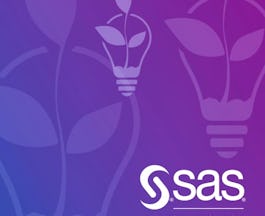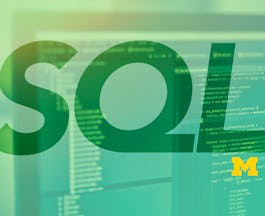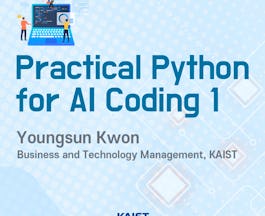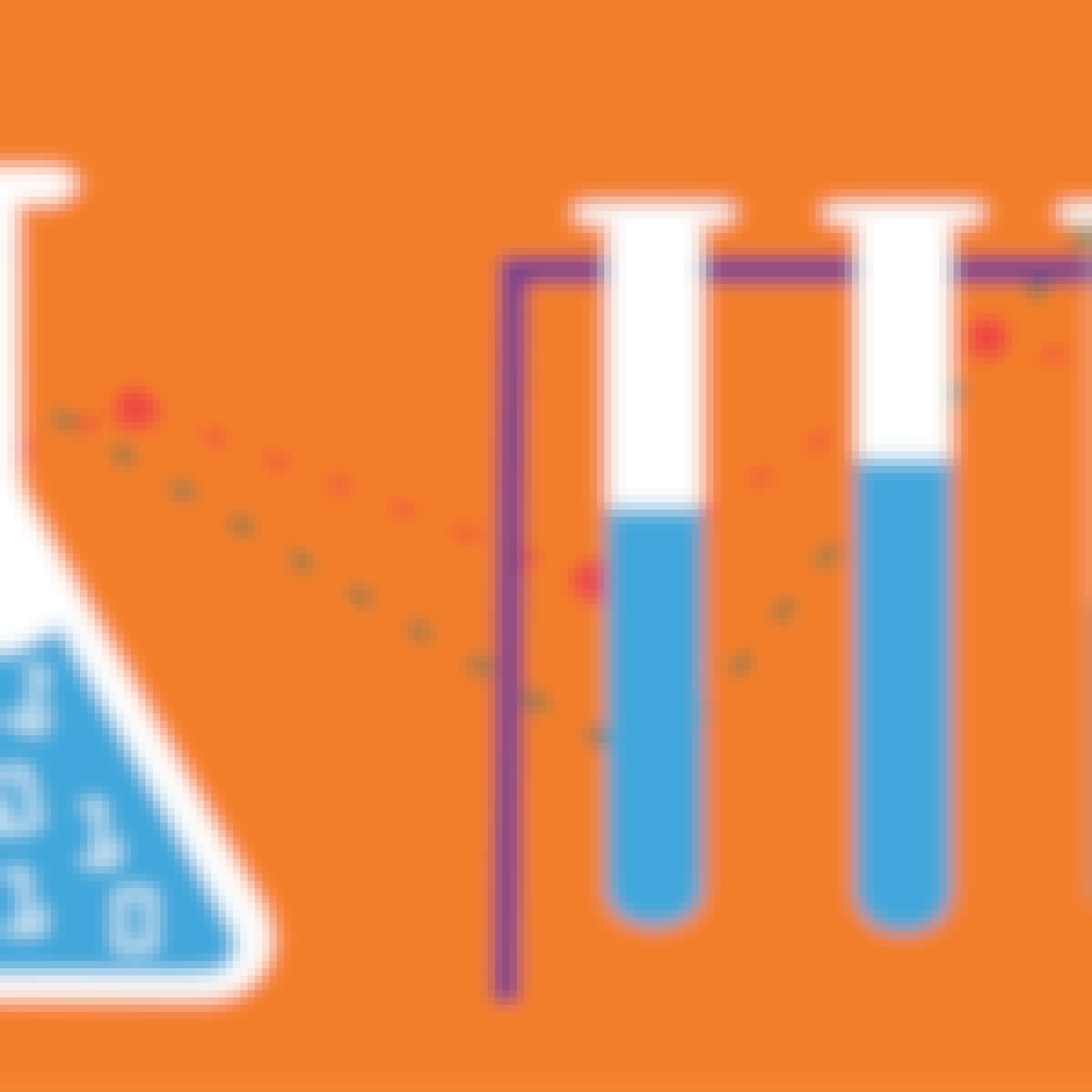Filter by
The language used throughout the course, in both instruction and assessments.
Results for "python syntax"

Skills you'll gain: Generative AI, Web Applications, IBM Cloud, Python Programming, OpenAI, Serverless Computing, Cloud Applications, Front-End Web Development, Application Development, Artificial Intelligence, Natural Language Processing, Back-End Web Development
 Status: Free
Status: FreeLudwig-Maximilians-Universität München (LMU)
Skills you'll gain: Finite Element Methods, Numerical Analysis, Engineering Analysis, Jupyter, Differential Equations, Applied Mathematics, NumPy, Mathematical Modeling, Computational Thinking, Python Programming, Calculus, Mechanics, Vibrations, Linear Algebra, Simulations

Skills you'll gain: Python Programming, SAS (Software), Statistical Programming

University of Michigan
Skills you'll gain: Database Design, SQL, MySQL, Relational Databases, Database Management, Databases, Data Modeling, Data Integrity, Development Environment, Software Installation

Korea Advanced Institute of Science and Technology(KAIST)
Skills you'll gain: NumPy, Python Programming, Artificial Intelligence, Programming Principles, Tensorflow, Data Structures, Development Environment, Keras (Neural Network Library), Scripting Languages, Computer Programming, Scripting, Program Development, Integrated Development Environments, Software Installation

Skills you'll gain: Node.JS, Server Side, MongoDB, React Redux, NoSQL, Restful API, React.js, Back-End Web Development, Front-End Web Development, JavaScript Frameworks, Ajax, Javascript, UI Components, Full-Stack Web Development, Application Deployment, Data Structures, Authentications, Debugging, Cloud Applications, JSON

Imperial College London
Skills you'll gain: Regression Analysis, Calculus, Advanced Mathematics, Machine Learning Algorithms, Statistical Analysis, Linear Algebra, Artificial Neural Networks, Mathematical Modeling, Python Programming, Derivatives

University of Michigan
Skills you'll gain: C (Programming Language), C++ (Programming Language), Object Oriented Programming (OOP), Object Oriented Design, Data Structures, Programming Principles, Secure Coding, Algorithms, Software Design, Application Security, System Programming, Python Programming, Computer Programming, Java, Performance Tuning, Numerical Analysis, Unix, Computer Science, Computer Programming Tools, Debugging

University of Toronto
Skills you'll gain: Global Positioning Systems, Estimation, Machine Learning Methods, Computer Vision, Mathematical Modeling, Applied Mathematics, Linear Algebra, Python Programming, Real Time Data, Physics

Duke University
Skills you'll gain: Computer Science, Design and Product

Skills you'll gain: Jupyter, Peer Review, Data Modeling, Data Science, Data Cleansing, Business Analysis, Data Manipulation, Data Transformation, Predictive Modeling, Data Storytelling, Application Deployment, User Feedback, Decision Tree Learning, Constructive Feedback, Stakeholder Engagement

Duke University
Skills you'll gain: Object Oriented Programming (OOP), Programming Principles, Python Programming, Software Design Patterns, Simulations
In summary, here are 10 of our most popular python syntax courses
- Building Generative AI-Powered Applications with Python: IBM
- Computers, Waves, Simulations: A Practical Introduction to Numerical Methods using Python: Ludwig-Maximilians-Universität München (LMU)
- Using SAS Viya REST APIs with Python and R: SAS
- Introduction to Structured Query Language (SQL): University of Michigan
- Practical Python for AI Coding 1: Korea Advanced Institute of Science and Technology(KAIST)
- JavaScript Programming with React, Node & MongoDB: IBM
- Mathematics for Machine Learning: Multivariate Calculus: Imperial College London
- C Programming for Everybody: University of Michigan
- State Estimation and Localization for Self-Driving Cars: University of Toronto
- Practical Python: Start Your Programming Journey : Duke University










